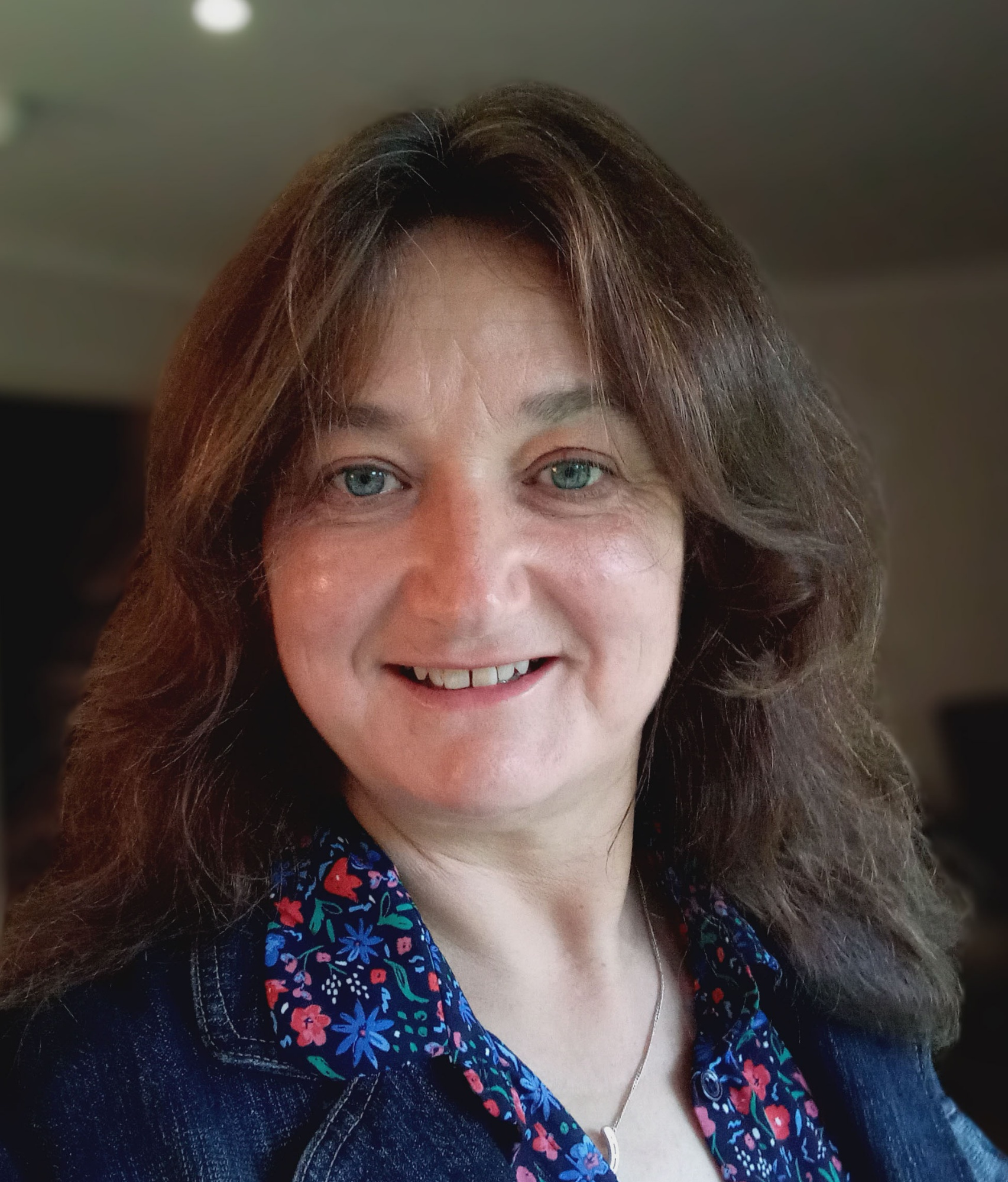History
"A high-quality history education will help pupils gain a coherent knowledge and understanding of Britain’s past and that of the wider world. It should inspire pupils’ curiosity to know more about the past. Teaching should equip pupils to ask perceptive questions, think critically, weigh evidence, sift arguments, and develop perspective and judgement. History helps pupils to understand the complexity of people’s lives, the process of change, the diversity of societies and relationships between different groups, as well as their own identity and the challenges of their time."
History: Purpose of Study from the 2014 National Curriculum.
What are we trying to achieve?
Our History curriculum is part of our ‘Big Idea’ of Civilisation and enables our children to:
- know and understand the history of these islands as a coherent, chronological narrative, from the earliest times to the present day: how people’s lives have shaped this nation and how Britain has influenced and been influenced by the wider world
- know and understand significant aspects of the history of the wider world: the nature of ancient civilisations; the expansion and dissolution of empires; characteristic features of past non-European societies; achievements and follies of mankind
- gain and deploy a historically grounded understanding of abstract terms such as ‘empire’, ‘civilisation’, ‘parliament’ and ‘peasantry’
- understand historical concepts such as continuity and change, cause and consequence, similarity, difference and significance, and use them to make connections, draw contrasts, analyse trends, frame historically-valid questions and create their own structured accounts, including written narratives and analyses
- understand the methods of historical enquiry, including how evidence is used rigorously to make historical claims, and discern how and why contrasting arguments and interpretations of the past have been constructed
- gain historical perspective by placing their growing knowledge into different contexts, understanding the connections between local, regional, national and international history; between cultural, economic, military, political, religious and social history; and between short- and long-term timescales.
- Our History curriculum is undergoing an exciting redevelopment so that we can make sure our children have an excellent understanding of the past, a respect for its people and understand how historians make sense of the past.
History Themes: Substantive Knowledge
Substantive knowledge in History are the ‘facts’ that we learn about the past – what happened, where it happened, when it happened, who it happened to, why it happened, how it happened, and what happened next. There are three types of Historical substantive knowledge:
- Knowledge of the time period, theme or issue being studied.
- Historical concepts:
- Power – monarchy, government, empire;
- Invasion, settlement, migration;
- Civilisation – social and cultural;
- Tax and trade;
- Beliefs;
- Successes (achievements) and failures (follies) of humankind.
- Chronological knowledge and knowledge of periods:
- Overview – where events fit into time;
- Features of periods – for example warfare, travel.
History Themes: Disciplinary Knowledge
Disciplinary knowledge in History is the way historians and archaeologists think and operate:
- Cause and Consequence: how historians construct arguments about the causes and consequences of events.
- Change and Continuity: how historians construct arguments about the nature, pace and extent of change in the past.
- Historical Significance: how historians and others attribute significance to past events or people, deeming them worthy of study or attention.
- Similarity and Difference: how historians construct arguments about the extent of similarity and difference between places, people and groups in the past.
- Sources and Evidence: how historians use sources as evidence to answer a question.
- Interpretations: how historians construct their accounts of the past, including how and why these differ.
Our History Curriculum Progression of Knowledge and Skills will show how our children develop their knowledge and skills in History during their time with us. You can find out more about how we structure our History teaching in our History Non-Negotiables (below).
Our History Curriculum Progression of Vocabulary will list the History vocabulary we want our children to focus on in their lessons. Our children will learn many more words than this, but these are the key words that will help them understand History and link the knowledge they have learned to other areas of the curriculum.
How do we organise learning?
To support the implementation of our History curriculum we are guided by Kapow. Kapow supports our teachers to develop their History expertise and plan and deliver engaging lessons. We have developed parts of our History curriculum to reflect History in our local area (Combs Ford → Stowmarket → Suffolk). This combination ensures that our children progress by knowing more, remembering more and being able to do more.
Our History Curriculum Overview shows the units of work our children will experience during their time with us. Each year, our children study one unit of each of the following:
- Local History
- British History
- World History
History is blocked against Geography in all years and is taught for 1 lesson every week every other half term. This is shown in our timetables.

Subject Leader: Mrs Rachel Snow

Page reviewed on 14/10/24 by KJD.
